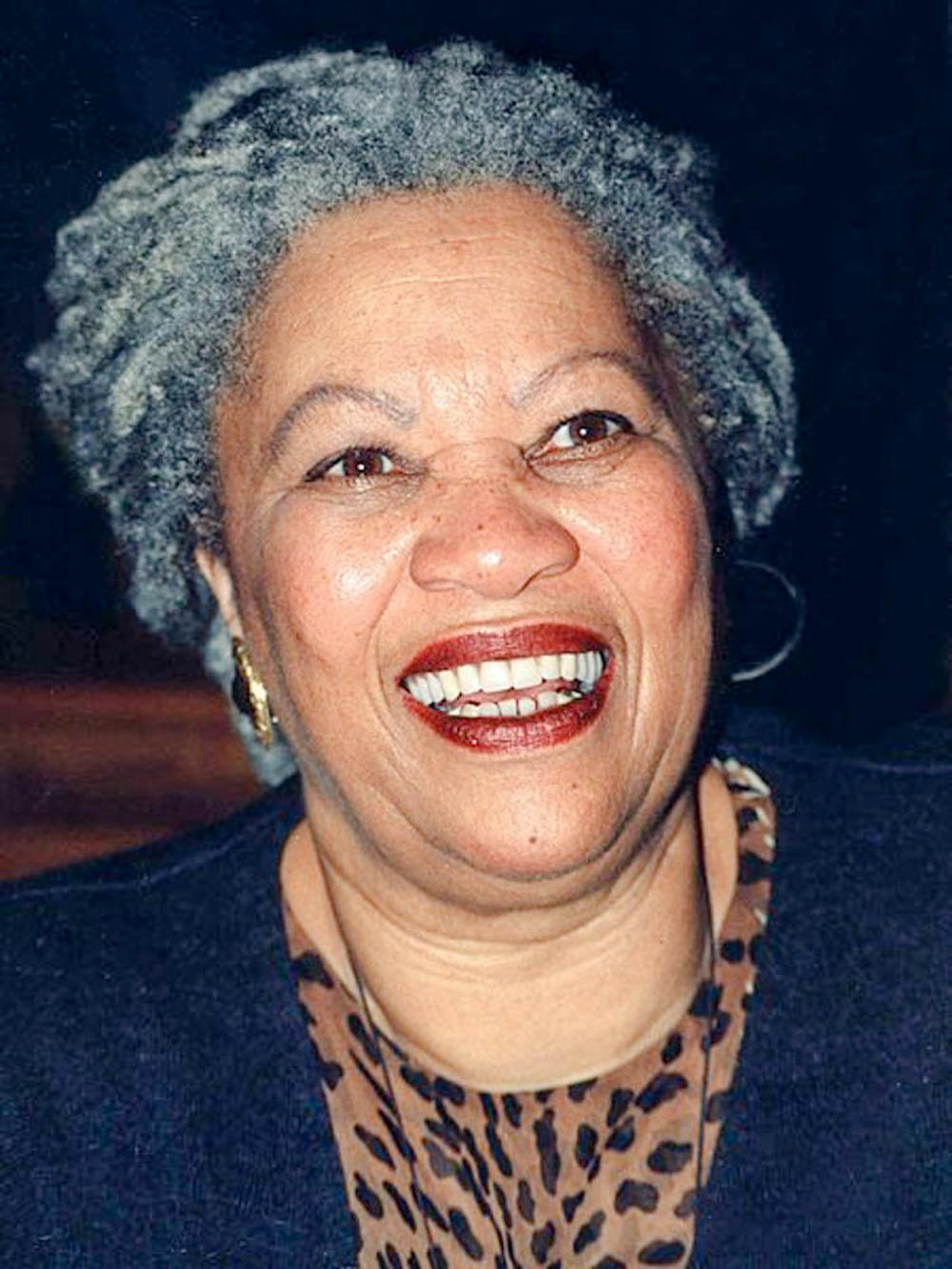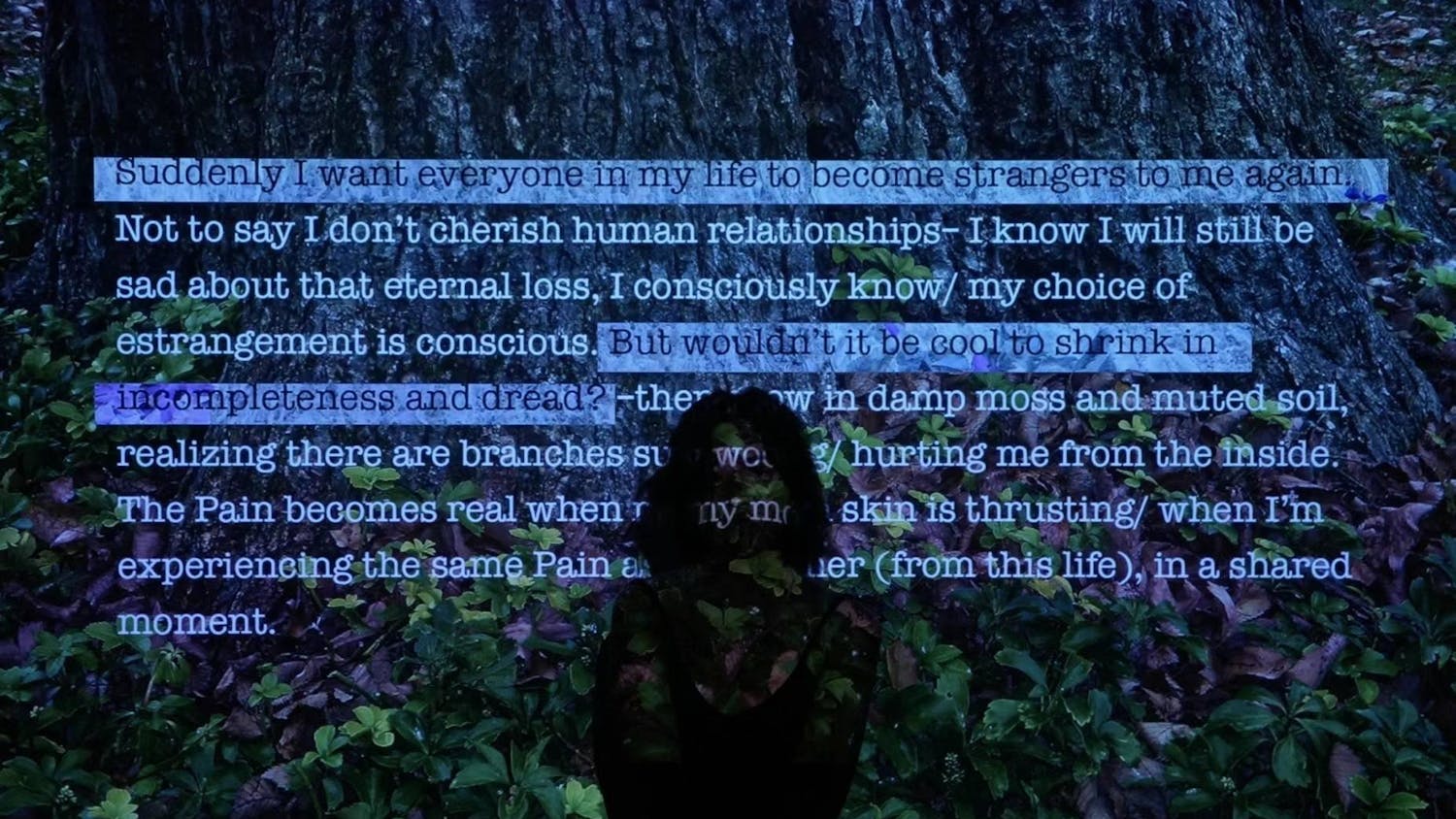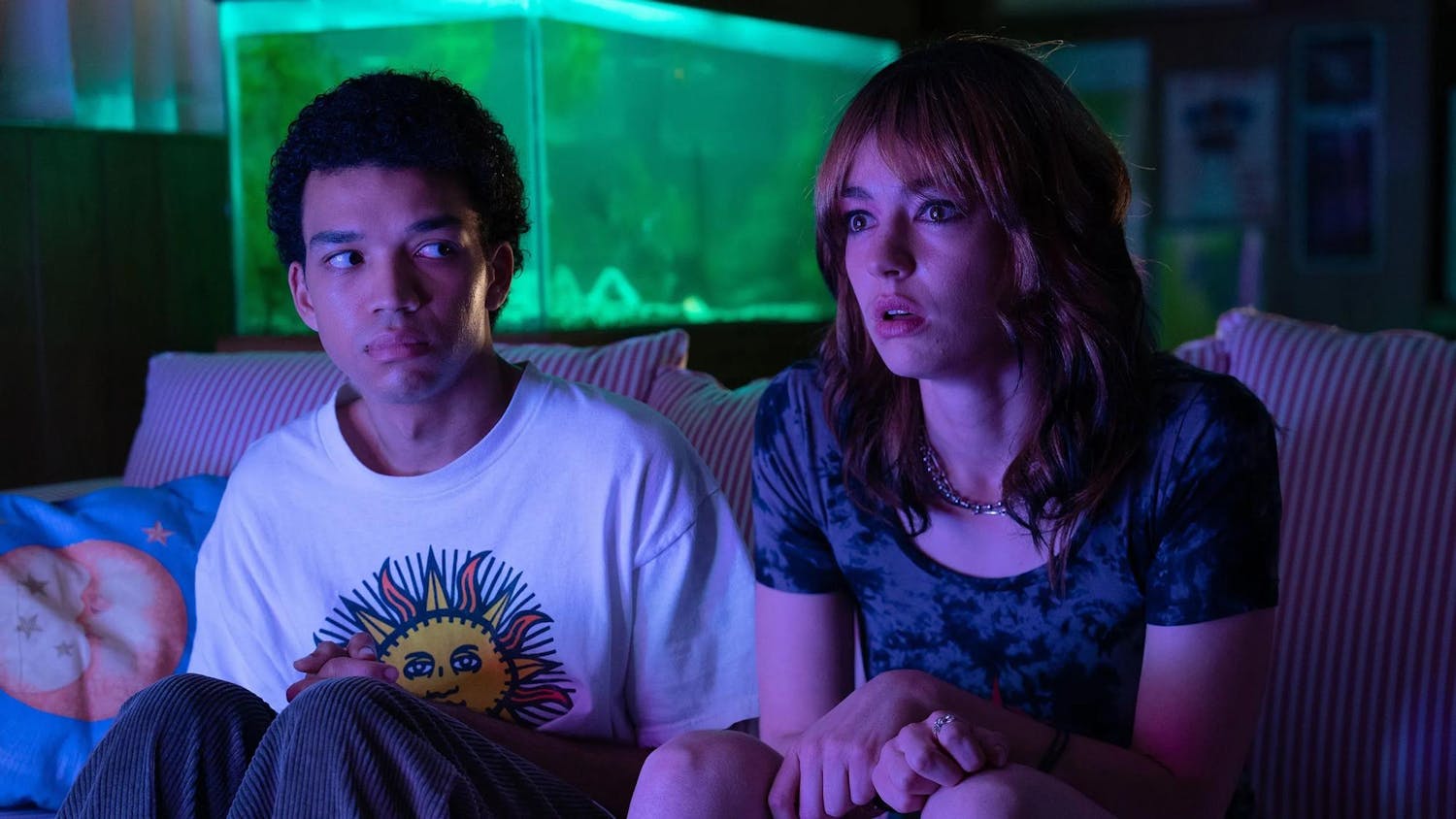Assistant Professor of Literary Arts Colin Channer was born with a disease that made him legally blind. When a surgery meant to fix his eyes further blinded him for three months, he sought solace in books the second his sight started to return.
Against his doctor’s orders, Channer begged a friend to give him a book, any book. “I needed, so badly, to read.”
His friend handed him a copy of Toni Morrison’s “Sula.” “I read it, and it hurt. It hurt the eyes; it hurt the soul. But it was also leavening because in a moment of pain, in a moment of wondering what I would do with my life, I was given direction from a book.”
Channer was one of several community members who spoke at “Remembering Toni Morrison: A Reflection and Celebration,” hosted by the Department of Africana Studies. Morrison, who the New York Times called a “towering novelist of the black experience,” authored 11 novels in addition to her essaying, editing and teaching. Although Morrison died in August, Chancellor’s Professor of Africana Studies Tricia Rose could not allow the community to “just let it pass.” Instead, she organized the event to utilize “the power of the collective to heal itself” and “to hold close between us” the lessons Morrison has taught the world.
For many at the event, Morrison gave their lives meaning and direction.
For Channer, he found a “redoubling of purpose” through Morrison. After struggling to find his footing as a writer, he saw Morrison as she was walking around New York. “I was frightened. When you’re a literary canoe in the presence of a galleon, you’re concerned about the power of the wake.” He was transfixed. Seeing Morrison inspired him to write 30 pages of his book later that day. Now, Channer has authored eight books.
Professor of English Kevin Quashie, who teaches ENGL 1760Y: “Toni Morrison,” said the gifts Morrison gave the world are “plentiful and massive,” yet they also exist “on the level of the glide and grace of a sentence.”
He cited one example from Morrison’s novel, “Jazz,” where she used a literary device called chiasmus, which contrasts two phrases with reverse grammatical structure. “A thing is undone by its opposition,” he said when describing it.“Chiasmus is magical, spiritual; it’s pure magic itself. It’s a spell in words. It’s prayer.”
“Toni Morrison is chiasmus,” he said. He ended his address by borrowing words from Morrison’s eulogy for James Baldwin after he died in 1987. “Dear Toni, you crowned us.”
Following the prepared addresses, Hip-Hop artist and activist Akua Naru performed her 2015 song, “Toni Morrison.” In her song, Naru asks, “How can one hand hold a pen, one pen hold a people?” She asked the audience to say the answer with her each time: “Toni Morrison.”
At the end of the event, attendees were given the chance to participate in a Folkthought, an opportunity to reflect on their own experiences with Morrison and her work. Many discussed the first Morrison novel they read, or the moment they found out about her death. Although everyone in the room had a unique relationship to the celebrated author, all were united by the power of her name reverberating through them.





